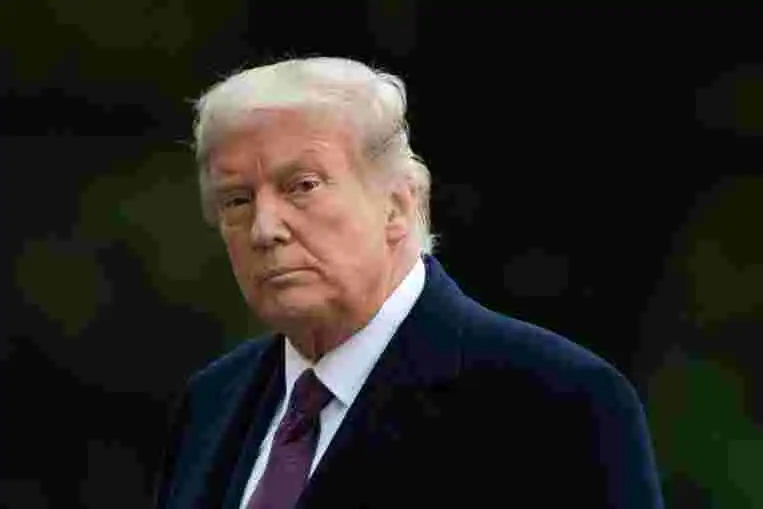
United States President Donald Trump's announcement on Friday that he had tested positive for Covid-19 set off a wave of tweets and Facebook posts with a common refrain, especially from the left: Why should we believe him?
Overnight, hundreds of tweets were posted casting doubt, without evidence, on Mr Trump's infection, which has been confirmed by his doctor.
The tweets peaked at five per minute on Friday morning, according to social media monitoring service Dataminr. The doubters included The New Yorker staff writer Jelani Cobb and Time editor-at-large Ad Giridharadas.
Some suggested the announcement could be an excuse to delay the election and cancel future presidential debates. Some doubters said they could not believe Mr Trump, given how much false and misleading information he has spread concerning the virus in the past.
Researchers at Cornell University published a study the previous week showing that Mr Trump was the single largest driver of false and misleading information concerning the coronavirus. Mentions by him made up nearly 38 per cent of the overall "misinformation conversation".
"We're in an environment where conspiracies are thriving, in part because the President encourages them," said Ms Melissa Ryan, chief executive of Card Strategies, a consulting firm that researches disinformation. The situation has created "the perfect storm for people to assume that the White House isn't being truthful", she added.
Several deniers also latched on to a Sept 18 tweet that had originally been shared in conspiracy circles but was reshared widely after the announcement.
"Trump's October surprise will be the announcement of 'his infection'. Fake, but quite dramatic," read the post, which collected 15,000 interactions across Facebook and Twitter.
Some saw reactions to the announcement as a reflection of the sheer magnitude of misinformation that has emanated from Mr Trump.
Meanwhile, Twitter warned that it would delete tweets rooting for Mr Trump's death from Covid-19.
"Tweets that wish or hope for death, serious bodily harm or fatal disease against anyone are not allowed and will need to be removed," Twitter said, though it added that this did not mean that offending users would be suspended from the site.
NYTIMES